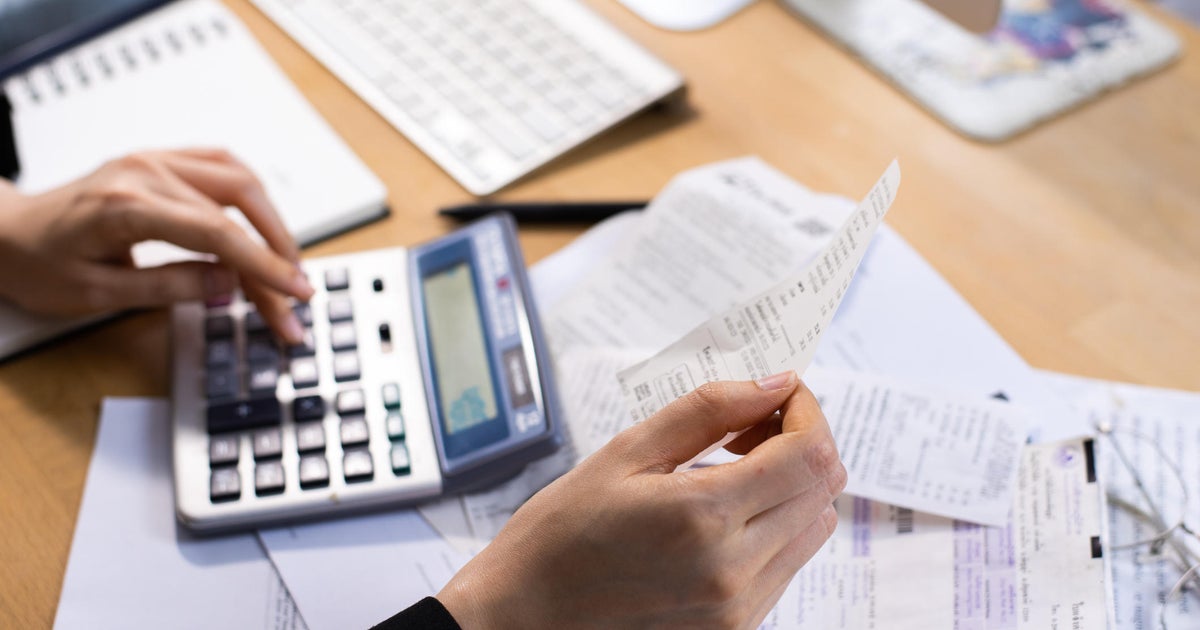What happens if your debt is sent to collections?
If you have debts in collection, you're not alone. In August 2021, 64 million Americans had collections on their credit report – and that was an improvement from prior years, according to nonprofit research group Urban Institute.
Fortunately, you – and the other millions of Americans in the same boat – have options.
Here's what to know about having debts in collections and how to move forward.
What does it mean when debt goes to collections?
Having debt in collections means a few things. First, it indicates you're behind on payments, likely at least 120 days late, per FICO. It also means your creditor (the credit card company, lender, etc., where your account originated) has sent your account to a collections agency.
Collections agencies are third-party companies charged with collecting overdue debts. They'll call you, send letters and attempt to get you to pay back the debt you owe. If they're successful, they'll take a cut of the recovered amount.
What are the consequences of collections?
Having debts in collections can impact you financially. They can:
- Hurt your credit score: Your payment history makes up 35% of your score, so having an account in collections can have a big impact and for a long time, too. Collections can remain on your credit report for up to seven years, FICO notes.
- Make it hard to take out loans, credit cards or other financial products: If you apply for a new loan or credit card, the lender or credit card company will look at your credit report to assess your payment habits. If there's an account in collections there, it could make them hesitant to approve you because it shows you might not pay your account on time.
- You could be sued: If you fail to settle your account in collections, the debt collector could file a lawsuit against you. If they win, they could garnish your wages or take funds directly out of your bank account to repay your debts.
If a debt collections agency contacts you, you have rights. Under the Fair Debt Collection Practices Act, debt collectors can't contact you before 8 a.m. or after 9 p.m., nor can they call you at work if your employer doesn't allow it. Additionally, if you ask the collector to stop contacting you – or only contact you via certain methods – they must comply.
Keep in mind: This does not prevent the collections agency from suing you, so consult an attorney before stopping all contact.
If you're on the receiving end from debt collectors, consider consolidating your debt to get ahead.
Paying off debts in collections
If you have the cash, it might be wise to pay off the debts in collections — particularly if you're still within your state's statute of limitations (meaning you could be sued).
It might not help your credit score, though. Some credit scoring models completely ignore accounts in collections if they have a zero balance. Under these, paying off your debt would increase your score. Other models, though, continue to factor in your collection action until it's fallen off your report (after seven years). With these models, paying off your debt would have little to no impact on your score.
If you do opt to pay off your debt in collections, first confirm the debt is yours and the correct amount. You can also try to negotiate the amount down or ask for a payment plan, which would allow you to spread the costs out over time. Either way, get the agreement in writing before you pay anything.
It's easy to get a credit report to evaluate what's accurate and timely and what's not. Get your Experian credit report now to see how you might appear to lenders.
Other ways to deal with debts in collections
There are other ways to deal with debts in collections. You can always dispute the debt. If you don't believe the debt is yours or you think the amount is wrong, send the collections agency a letter disputing the charges. The Consumer Financial Protection Bureau has sample letters you can use to get started.
You can also contact a financial adviser, who can help you make a plan for paying off your debts. They may also be able to assist with budgeting and other personal finance needs.
A tax debt relief professional could also assist you if that's where you owe most of your money.
Be wary about enlisting a debt relief or debt settlement company, however. These often come with fees, and sometimes, their tactics can actually hurt your credit score.
How to avoid debt in collections
Once you've handled your account in collections, take steps to ensure it doesn't happen again.
Put together a household budget and set up auto-payments for any accounts possible. You can also think about consolidating your debts, which rolls them all into one single loan, making it easier to remember (and pay) each month.
There are other options to consider that could help free up cash to pay down any debts you've accumulated. These range from personal loans to balance transfer credit cards.
And, depending on your initial interest rate, you could free up cash by refinancing your home loan or student loans. While the rate environment is not as favorable as it was earlier in 2022, if your initial interest rate was high you could still benefit from refinancing your loans now.




